Recognizing the Anxiety symptoms: What You Need to Know
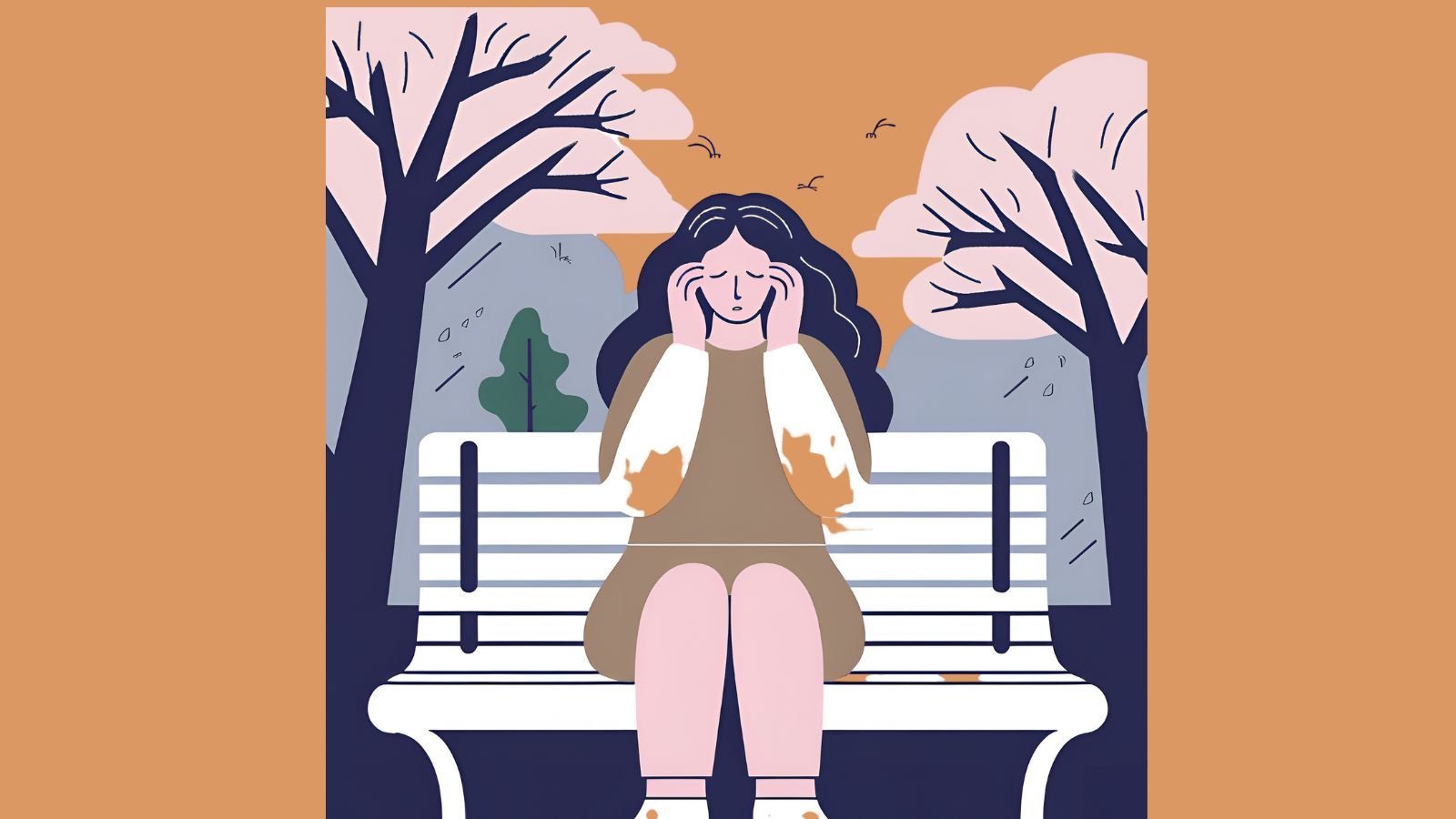
Anxiety is a natural response to stress, but when it becomes overwhelming or persistent, it can interfere with daily life. Millions of people experience anxiety in different forms, from mild nervousness to severe panic attacks. While occasional worry is normal, chronic anxiety can be debilitating.
Understanding the symptoms of anxiety can help individuals recognize when they need support. This blog will explore physical, emotional, and behavioral symptoms of anxiety, how it impacts daily life, and when to seek professional help.
Anxiety is a mental health condition characterized by excessive fear, worry, or nervousness. It is the body's response to perceived threats, activating the fight-or-flight system. While anxiety can be a temporary reaction to stressful situations, for some, it becomes chronic and overwhelming.
Common anxiety disorders include:
Each type of anxiety presents unique challenges, but they all share common physical and emotional symptoms.
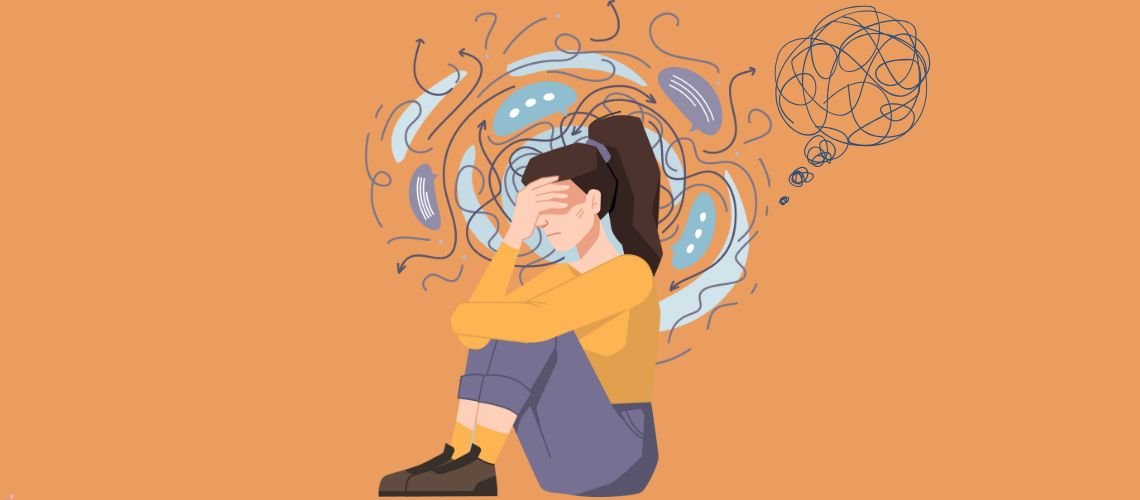
Anxiety doesn't just affect the mind—it has a significant impact on the body. Many people experiencing anxiety report physical symptoms that can feel overwhelming or even mimic serious medical conditions.
1. Increased Heart Rate and Palpitations
One of the most common symptoms of anxiety is a racing heart. This happens because anxiety triggers the fight-or-flight response, increasing adrenaline levels and causing rapid heartbeats or palpitations.
2. Shortness of Breath
Many people feel tightness in the chest or difficulty breathing during episodes of anxiety. In severe cases, this can lead to hyperventilation, making it feel as though one is struggling for air.
3. Muscle Tension and Headaches
Chronic anxiety can cause tight muscles, tension headaches, and even body aches. Many people unknowingly clench their jaw or shoulders, leading to persistent discomfort.
4. Stomach Issues and Digestive Problems
Anxiety often affects the digestive system, leading to symptoms such as:
The gut and brain are closely connected, and stress can disrupt digestion, causing discomfort.
5. Sleep Disturbances
Anxiety can make it difficult to fall asleep or stay asleep. Many people with anxiety experience racing thoughts, nightmares, or restless sleep patterns, leading to fatigue and exhaustion.
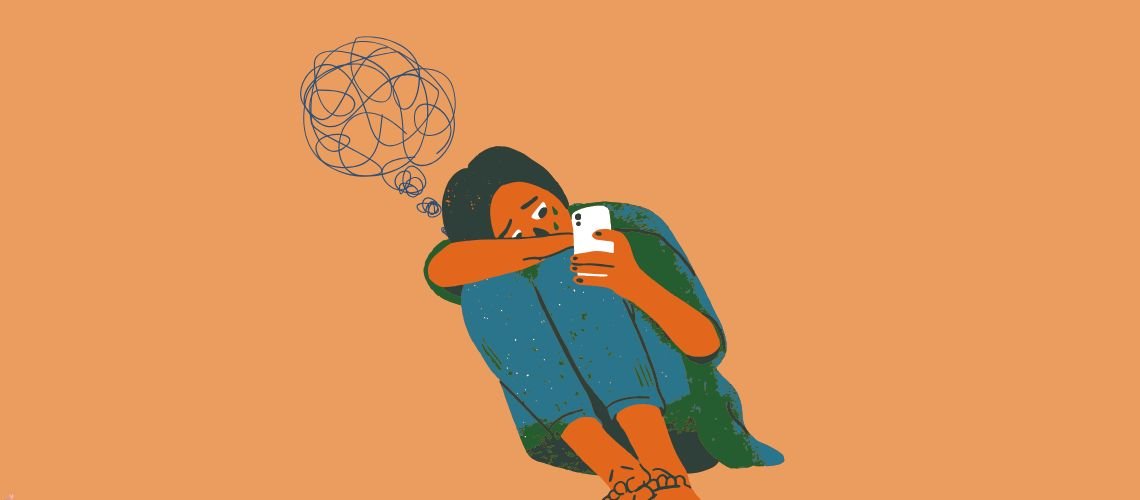
Anxiety impacts emotions in ways that can affect mood, relationships, and daily activities.
1. Persistent Worry and Overthinking
A hallmark symptom of anxiety is excessive worry, often about worst-case scenarios. People with anxiety may find it hard to control their thoughts, leading to mental exhaustion.
2. Irritability and Restlessness
Anxiety can cause heightened sensitivity to situations, making a person more easily frustrated or agitated. Small problems may feel overwhelming, leading to emotional outbursts or mood swings.
3. Feeling Overwhelmed or Out of Control
Many people describe anxiety as a feeling of losing control. They may feel emotionally drained, powerless, or unable to handle daily responsibilities.
4. Fear of the Unknown
Uncertainty can trigger anxiety, making even minor decisions feel stressful. This can lead to avoidance behaviors, where individuals fear trying new things or stepping outside their comfort zones.
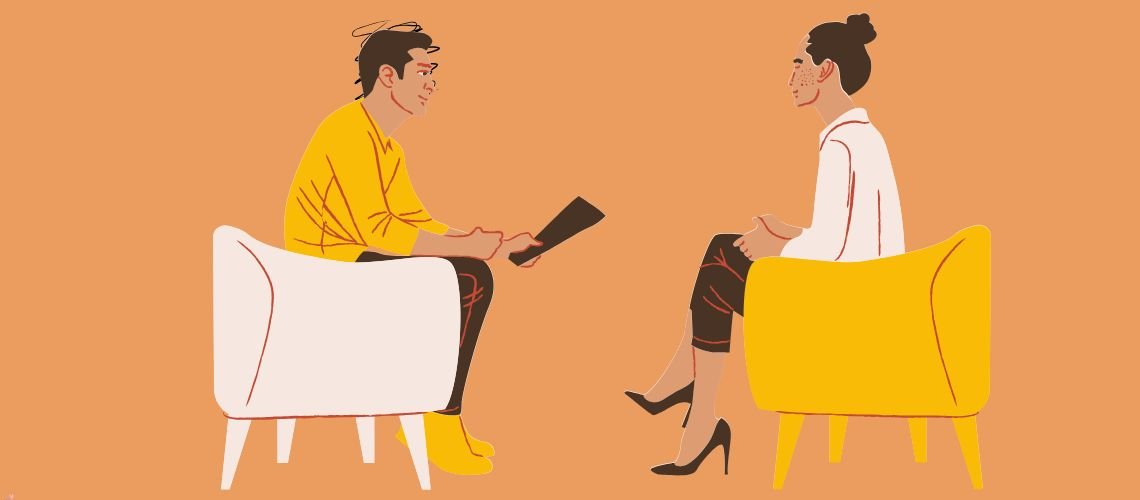
Anxiety also affects behavior, influencing the way people respond to situations and interact with others.
1. Avoidance of Social Situations
People with anxiety may avoid crowded places, public speaking, or social gatherings. In extreme cases, they may develop social isolation, withdrawing from friends and family.
2. Compulsive Behaviors
Some individuals engage in repetitive behaviors as a coping mechanism, such as:
These behaviors temporarily relieve stress but can become compulsive over time.
3. Trouble Concentrating
Anxiety makes it hard to focus on tasks, leading to procrastination and difficulty completing work or studies. The constant flood of worries can distract the brain, affecting productivity.
Anxiety can interfere with work, relationships, and personal well-being. Common challenges include:
Recognizing these challenges early can help individuals take proactive steps to manage anxiety effectively.
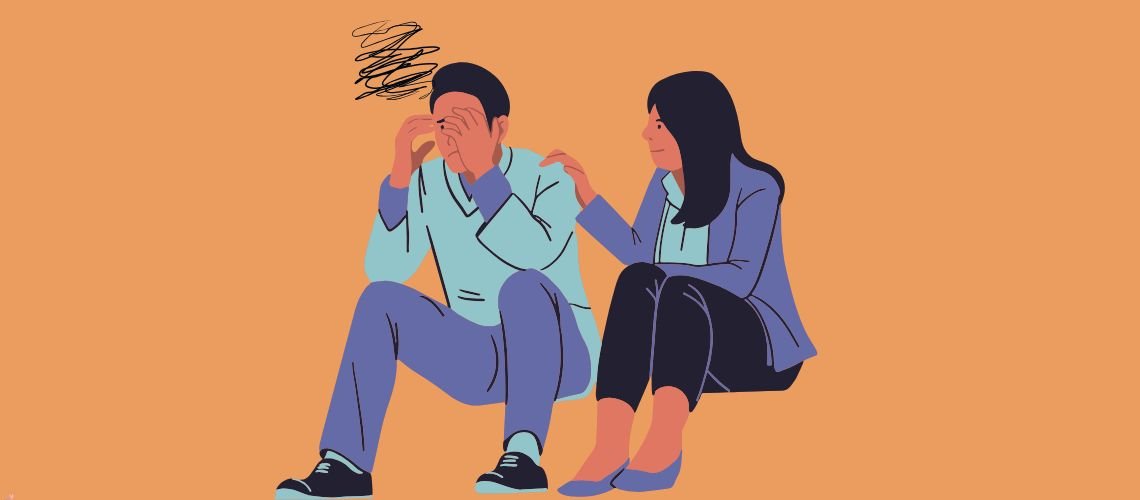
While mild anxiety can be managed through self-care, professional help may be necessary when:
Seeking support from a therapist, counselor, or psychiatrist can provide effective coping strategies and treatment options.
While professional help is essential, self-care strategies can also reduce anxiety:
With the right support and lifestyle adjustments, anxiety can be managed effectively.
Anxiety is a common mental health condition that affects millions of people worldwide. While occasional worry is natural, chronic anxiety can impact physical health, emotions, and daily life.
Recognizing the early symptoms of anxiety, such as rapid heartbeat, excessive worry, restlessness, and avoidance behaviors; can help individuals seek support before it worsens. Whether through therapy, medication, or lifestyle changes, managing anxiety is possible with the right approach.
If you or a loved one is struggling with anxiety, don’t hesitate to seek professional help. Mental well-being is just as important as physical health, and support is always available.